In the context of fundamental and comprehensive innovation in Education and Training, Resolution No. 71-NQ/TW of the Politburo issued in August 2025 marked an important turning point. Especially with the policy of ensuring full and comprehensive autonomy for higher education and vocational training institutions, regardless of the level of financial autonomy.
Previously, public educational institutions were often classified according to their ability to self-finance regular expenditures and investments, leading to overlapping management and limiting real autonomy. Linking autonomy to financial capacity has caused many universities and colleges, despite their potential in expertise, human resources and research, to be confined within administrative frameworks and unable to fully develop their capacity.
Resolution 71 has removed this bottleneck. Accordingly, schools are given the right to take the initiative in organizing their apparatus, recruiting staff, building training programs, cooperating internationally and managing finances, regardless of their current financial autonomy. This is a step in line with international practice, helping Vietnamese educational institutions integrate deeply and improve the quality of training.
However, autonomy does not mean lax management. The resolution also emphasizes the need to strengthen accountability, transparency and closely link with quality assurance. This is to ensure that autonomy is not abused and at the same time create incentives for schools to improve their competitiveness.
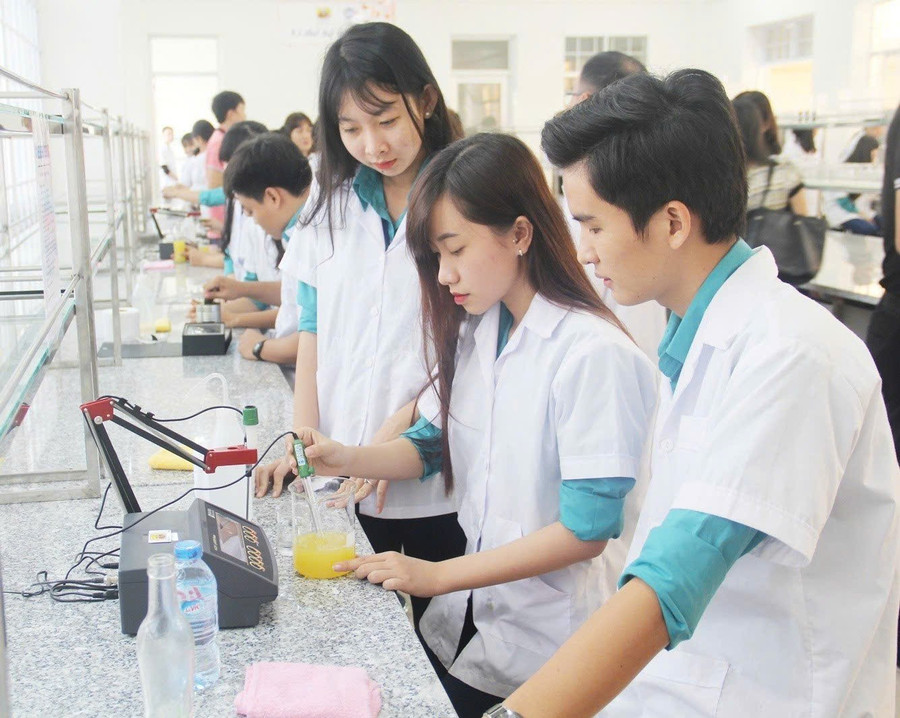
Separating autonomy from financial factors also opens up opportunities for schools to develop innovation centers, research groups, and cooperate with domestic and foreign enterprises without budget barriers. This is the premise for building world-class research universities, training high-quality human resources to serve the country's development.
According to Associate Professor Dr. Vo Ngoc Ha - Principal of Tien Giang University, autonomy is often constrained by financial factors. Regarding this issue, many universities and colleges encounter difficulties in personnel, organizational structure and facilities as well as other related issues.
Associate Professor, Dr. Vo Ngoc Ha emphasized: Many legal regulations are still overlapping, not creating a legal corridor that is open enough for schools to effectively implement autonomy. Therefore, Resolution No. 71-NQ/TW, which advocates ensuring full and comprehensive autonomy for higher education and vocational education institutions, regardless of the level of financial autonomy, is expected to pave the way for the completion of the legal system, creating more favorable conditions in the process of operation and development.
Associate Professor Dr. Vo Ngoc Ha added that when given full autonomy, schools can proactively build remuneration and salary regimes, improve teaching quality, improve management capacity, etc. From there, universities and colleges will attract talented people and create a healthy competitive working environment. The quality of teaching and research will therefore be significantly improved, helping higher education institutions maximize their capacity and make practical contributions to the overall development of the country.
Resolution 71-NQ/TW marked a turning point in Vietnam's higher education, opening a period of comprehensive integration with strong autonomy, a special mechanism for developing world-class research universities and a strategy to bring Vietnamese human resources into the global education network.
The new highlight is the comprehensiveness and breakthrough in thinking and policy, especially in the aspect of full and comprehensive autonomy for higher education institutions. This is an open-ended change, helping universities proactively attract talent, shorten the process and quickly respond to integration requirements.
Source: https://giaoducthoidai.vn/dam-bao-tu-chu-toan-dien-cho-gd-dai-hoc-chia-khoa-nang-tam-giao-duc-post747873.html



![[Photo] Hanoi morning of October 1: Prolonged flooding, people wade to work](https://vphoto.vietnam.vn/thumb/1200x675/vietnam/resource/IMAGE/2025/10/1/189be28938e3493fa26b2938efa2059e)











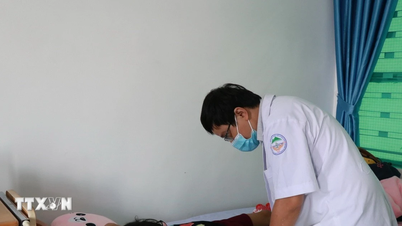

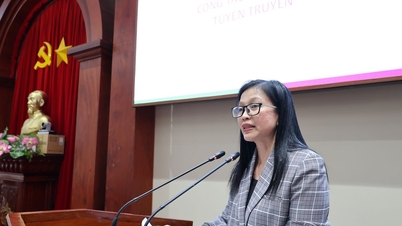
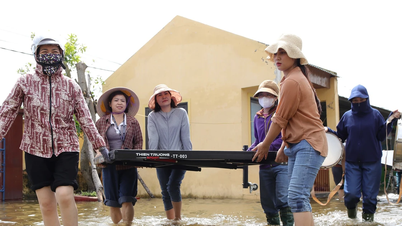






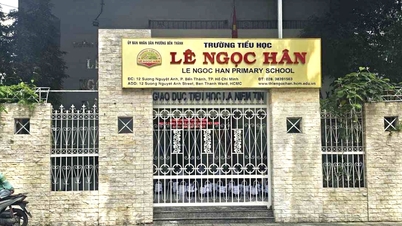





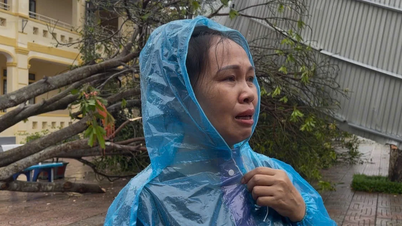

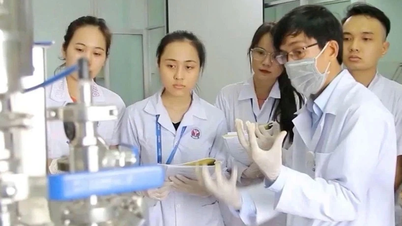

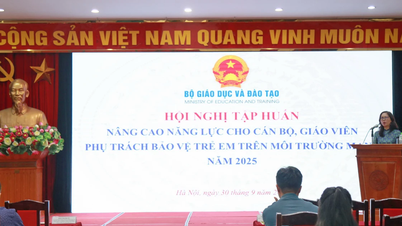
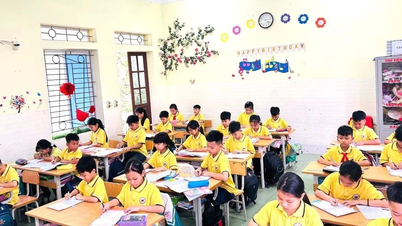
![[Photo] President Luong Cuong receives President of the Cuban National Assembly Esteban Lazo Hernandez](https://vphoto.vietnam.vn/thumb/1200x675/vietnam/resource/IMAGE/2025/9/30/4d38932911c24f6ea1936252bd5427fa)
![[Photo] Panorama of the cable-stayed bridge, the final bottleneck of the Ben Luc-Long Thanh expressway](https://vphoto.vietnam.vn/thumb/1200x675/vietnam/resource/IMAGE/2025/9/30/391fdf21025541d6b2f092e49a17243f)
![[Photo] The 1st Congress of Phu Tho Provincial Party Committee, term 2025-2030](https://vphoto.vietnam.vn/thumb/1200x675/vietnam/resource/IMAGE/2025/9/30/1507da06216649bba8a1ce6251816820)





















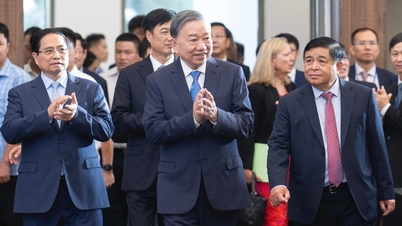
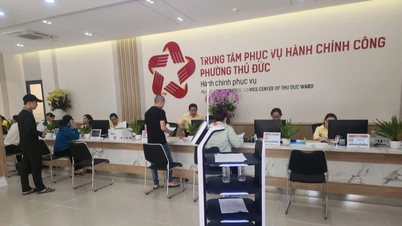

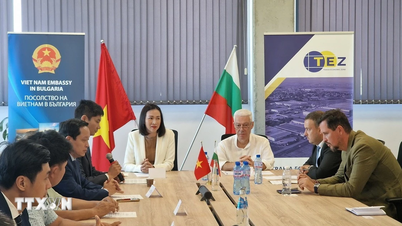
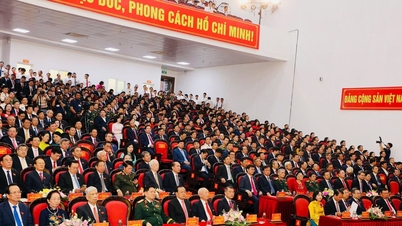
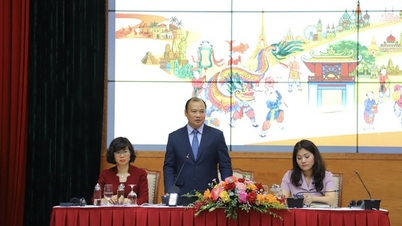



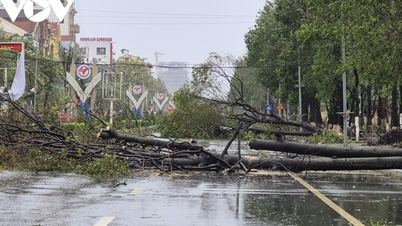

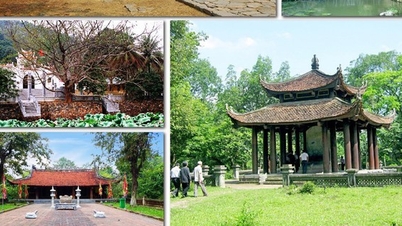
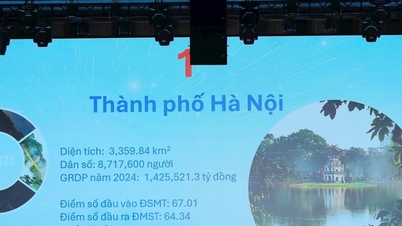

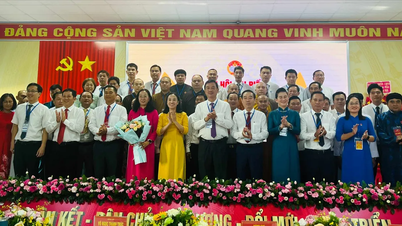







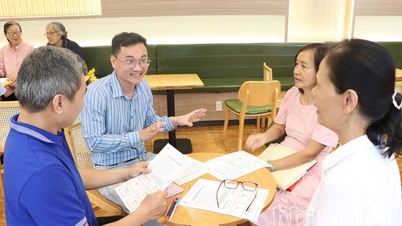















Comment (0)